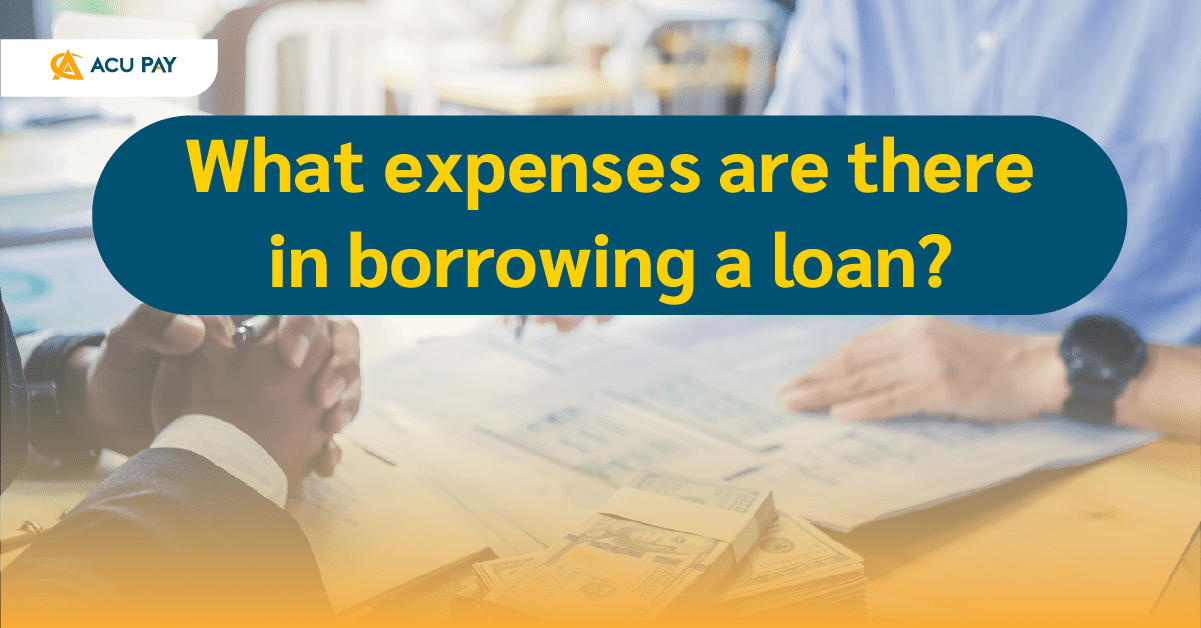

Each loan, in addition to the burden of interest and principal required from the money we have borrowed, has several additional expenses from loans that we may not expect. Today, ACU PAY gathers all of the hidden costs in addition to loans for you guys.
The average cost is 2,000 – 5,000 baht/plot depending on the value and location of the collateral (the house or apartment you will buy). If the loan fails, this cost will not be refunded. Therefore, if you would like to apply for a loan at multiple banks, prepare yourself to reserve money for this expense.
Many banks do not charge for checking credit information with their customers, but if they do so, they may have to pay 100 baht per check at the National Credit Bureau or 150 baht/time if submitted online and sent through the post office.
The average loan fee rate is 0.25% of the loan limit, but many banks offer promotions to exclude this cost.
The standard rate is 0.05% of the loan limit. The bank serves only as a payee and presents it to the government agencies.
In the case of home building loans, it is an expense charged 500 – 1,000 Baht per time depending on the loan amount and the location of collateral.
The maximum mortgage rate is set at 1% of the total mortgage value and not to exceed 200,000 baht (except for condominium collateral).The Bank will also be responsible for paying and delivering to government agencies. Sometimes, the government may announce a reduction in mortgage fees to help ease people’s spending and stimulate the economy.
It is compulsory insurance that occurs while the collateral is still in mortgage with the bank. The premium is approximately 0.101 – 0.45% of the insurance capital (excluding land cost). Most of them are fixed to renew once every 3 years.
Most grace periods are set at 3 or 5 years, while most fines are 3% of the outstanding loan balance.
In case of default or outstanding debts, some banks will also charge a follow-up fee for collecting debts of up to 1,000 baht per call.
When defaulting, there is also a default interest rate penalty that depends on the contract and agreement you have made with the service provider, usually at the percentage specified in the contract but not more than 15% per annum of outstanding debt.
If the loan is approved, we can ask for a change in interest rate. During the installment period, instead of refinancing to new banks, you may ask for a reduction in interest rates, but most of them will cost between 0.25 – 1.0% of outstanding debt.
Here are additional costs for home loans, including fees and expenses, as well as possible fines after the loan is passed. All charges are subject to each bank’s terms and conditions. Some other costs may occur depending on that bank.